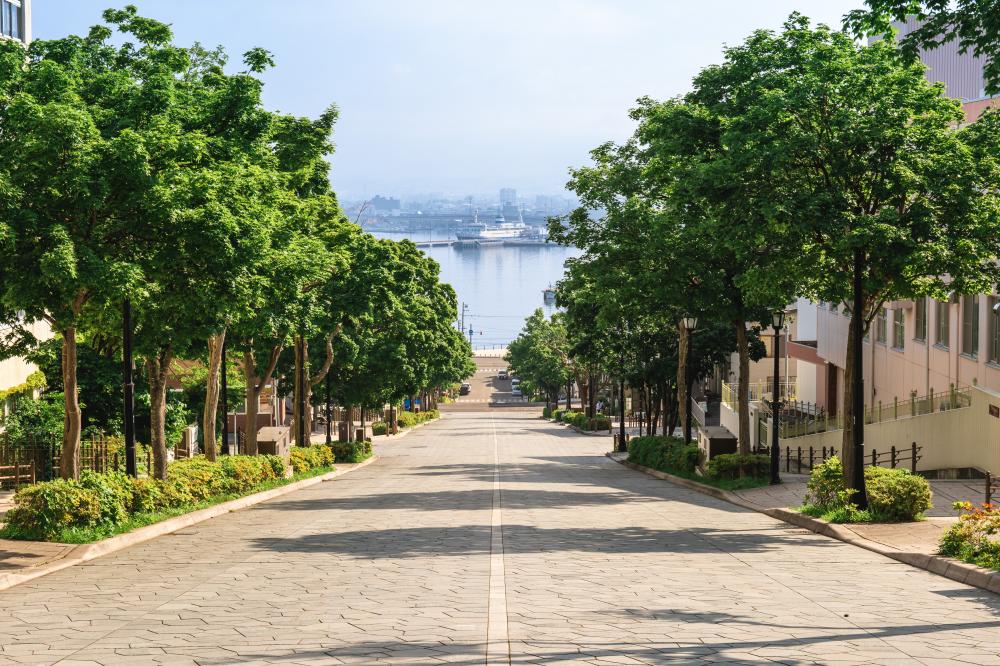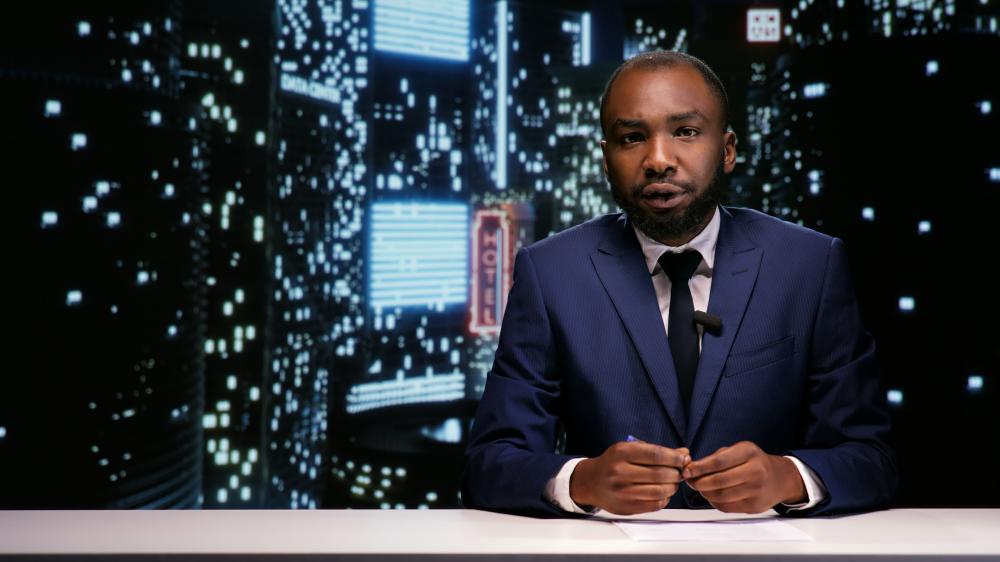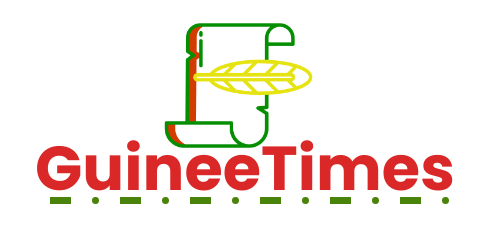Guinee Conakry

Introduction to Guinee Conakry
Welcome to Guineetimes, your premiere destination for all news and insights into Guinea, a vibrant nation on the West African coast. As we dive into the heart of guinee conakry, we aim to unfold the layers that make up this fascinating country, from its bustling capital Conakry to the lush, verdant landscapes that stretch beyond the city limits. Guinee conakry, a hub of cultural and economic activity, offers a unique lens through which we can explore the broader narratives of resilience, tradition, and progress in Africa.
The Rich Tapestry of History and Culture
The Roots of Guinee ConakryThe story of guinee conakry is woven from threads of diverse ethnic groups and languages, each contributing to the nation's rich cultural mosaic. It's a tale of kingdoms that once reigned over the lands, of colonial encounters that reshaped its borders and consciousness, and of the indomitable spirit of its people, striving for sovereignty and solidarity. Witnessing the blend of traditional melodies with contemporary beats in the streets of Conakry offers a palpable sense of a community that reveres its past while navigating the waves of modernization.
Cultural Festivities and TraditionsGuinee conakry's calendar teems with festivals that bring to life the folklore, music, and dance inherited from ancestors. These celebrations are not just a spectacle but a living bridge connecting generations. One such homage to heritage is the vibrant dundun drum performances - a rhythmic narrative of history, community, and spirituality.
Politics and Economy: The Current Landscape
Steering Through Political SeasThe political arena in guinee conakry has been a journey of transformative aspirations, marked by efforts to establish a democratic governance structure amidst challenges. It's a narrative of resilience, where the voices of the people echo in the streets, from Conakry to the far reaches of Kankan, aspiring for transparency and justice.
Unfolding Economic HorizonsOn the economic front, guinee conakry is maneuvering through the global arena as a contender rich in resources, particularly bauxite and iron ore, which beckon investors from afar. Yet, the true strength lies in the aspirations of its youth and entrepreneurs, who are carving out opportunities within the tapestry of traditional industries and the burgeoning digital economy.
Confronting Social Issues
In guinee conakry, like many nations, social issues such as access to education and healthcare present challenges but also opportunities for innovation and community-driven solutions. Stories of grassroots organizations making strides in rural healthcare accessibility, or teachers harnessing technology to educate in remote areas, are testament to the enduring spirit of Guinean society.
The Pulse of the Nation: Sports in Guinea
Football, without a doubt, captivates the hearts of guinee conakry's populace, uniting communities across linguistic and ethnic lines. The national team, Syli National, is not just a team but a symbol of national pride and unity. Their games are occasions for celebration, reflection, and sometimes, solace, embodying the highs and lows of the nation's journey on and off the field.
Leaping Forward: Infrastructure Development
Revolutionizing ConnectivityGuinee conakry is on the verge of a connectivity revolution, with infrastructure projects aimed at bridging gaps between urban and rural life. The expansion of roads, telecommunications, and energy supply systems speaks to a future where accessibility fuels economic growth and social cohesion.
Harboring Growth: The Port of ConakryThe Port of Conakry is a cornerstone of guinee conakry's economic aspirations, serving as a gateway for trade and a beacon for regional integration. Its expansion and modernization efforts are set to elevate the country's standing in international trade networks, promising a new era of prosperity.
Guinea and the World
In the tapestry of international relations, guinee conakry is crafting its narrative as a country poised for a dynamic role on the world stage. Through strategic partnerships and active participation in regional organizations, Guinea aspires to leverage its resources, culture, and vision to contribute to a more integrated, peaceful, and prosperous Africa.
Envisioning the Future
As we look to the horizon, guinee conakry stands at the cusp of transformative potential, driven by the energy of its youth, the wisdom of its elders, and the richness of its land. The journey ahead is dotted with challenges, but also brimming with possibilities, as Guinea carves out its path towards sustainable development, social harmony, and a redefined identity within the global community.
In Conclusion
At Guineetimes, we remain committed to bringing our readers into the heart of guinee conakry's journey, offering insights into its trials and triumphs. Our dedication to quality journalism bridges the gap between news and understanding, fostering a knowledgeable and engaged community. Stay with us, as we continue to explore the multifaceted story of guinee conakry, a nation not just surviving but thriving against the odds, crafting a future as vibrant and resilient as its people.

Is Guinea a rich or Poor country?
Well, the answer to whether Guinea is rich or poor depends on the perspective one chooses to look from. Economically, Guinea faces numerous challenges common to many developing countries, including limited access to education and healthcare, and a high rate of poverty among its population. However, it's crucial to understand that Guinea is also immensely wealthy in natural resources, particularly in minerals like bauxite, from which aluminum is made, and iron ore. These resources offer a significant potential for economic growth and development. The real question might be, how can Guinea leverage these riches to improve the living standards of its people? It's about finding the balance between exploiting these resources sustainably while ensuring the benefits reach all segments of society. What steps do you think could help Guinea in this regard?
Is it safe to travel to Guinea Conakry?
Travel safety is a nuanced topic, and when it comes to Guinea Conakry, there is no straightforward answer. Like many places around the world, there are risks and concerns, particularly relating to petty crime and occasional political instability. However, countless travelers have visited Guinea and had enriching, unforgettable experiences, taking away memories of vibrant cultures, welcoming communities, and breathtaking landscapes. It's important for potential visitors to conduct thorough research, remain aware of their surroundings, and follow travel advisories from reliable sources. Personal anecdotes from recent travelers can also provide a more nuanced understanding of the current situation. Have you heard any stories from people who've recently visited Guinea that you found particularly enlightening?
Is Guinea in Africa or Europe?
Guinea is definitely in Africa. Specifically, it's located on the West African coast, sharing borders with six other countries. Its strategic location has influenced its rich history and culture, making it a melting pot of ethnic groups and traditions. Guinea's position has also been pivotal in its economic development, particularly concerning its wealth in natural resources like minerals and its access to the Atlantic Ocean through the Port of Conakry. This geographical aspect has shaped its identity and role on both a continental and global scale. How do you think Guinea's location has impacted its cultural interactions with neighboring countries?
What is Guinea Conakry known for?
Guinea Conakry is renowned for its rich cultural diversity, historical significance, and vast mineral wealth. The country is a tapestry of ethnic groups, each with its unique traditions, languages, and festivities, creating a vibrant societal mosaic. Historically, Guinea played a pivotal role in the fight for independence in Africa, being the French colony to vote for immediate independence in 1958. Economically, it's known as the world's largest bauxite reserves holder, a critical component in aluminum production. These aspects, along with its scenic landscapes ranging from the bustling capital Conakry to the tranquil Loos Islands, make Guinea a place of interest on various fronts. What's an aspect of Guinea's culture or economy you'd like to explore more?
How does the cultural diversity in Guinea impact its society?
Guinea's cultural diversity is one of its most treasured assets, shaping its society in profound ways. This diversity fosters a sense of unity in diversity, where various ethnic groups coexist, each contributing uniquely to the national fabric. It's evident in the country's music, cuisine, festivals, and languages. This coexistence, however, is not without its challenges. It requires continuous dialogue and mutual respect to maintain harmony and promote inclusiveness. The blending of traditional beliefs with modern practices also offers a rich tapestry of perspectives on development, education, and governance. How do you think countries with similar diversity can learn from Guinea's experience?
What role does youth play in Guinea's development?
The youth of Guinea are not just the future of the country; they are its present catalysts for change and innovation. With over half of Guinea's population being under 25, young people play a crucial role in shaping the country's trajectory towards sustainable development, economic growth, and social cohesion. They are at the forefront of embracing technology, starting entrepreneurial ventures, and advocating for political and social reforms. Their energy and innovative spirit are vital in addressing challenges like unemployment and education, driving Guinea toward a more prosperous future. Encouraging youth participation in decision-making processes is essential. What initiatives do you think could further empower the youth in Guinea?
What challenges and opportunities does Guinea face in its infrastructure development?
Guinea's infrastructure development is at a crossroads, facing both significant challenges and opportunities. On one hand, the need to improve basic infrastructure such as roads, energy supply, and telecommunications is evident to enhance economic growth and connect rural areas with urban centers. On the other hand, Guinea has the opportunity to leapfrog traditional infrastructural development paths through the adoption of new technologies, particularly in renewable energy and digital communications. Financing remains a challenge, but with strategic investments and partnerships, Guinea can harness its natural resources and geographical advantages to build a robust infrastructure network. How do you think international collaborations could assist Guinea in overcoming these challenges?
Resources
- CIA World Factbook on Guinea - Explore detailed information about Guinea's geography, people, government, economy, and more from the Central Intelligence Agency.
- World Health Organization - Guinea Country Profile - Access health-related data and information specific to Guinea provided by the World Health Organization.
- World Bank - Guinea Overview - Gain insights into Guinea's development indicators, projects, and economic updates from the World Bank.
- U.S. Department of State - Guinea Country Information - Stay informed about travel advisories, safety, and other essential information regarding Guinea from the U.S. Department of State.
- UNICEF Guinea - Learn about UNICEF's work in Guinea to support children's rights, education, health, and protection in collaboration with government and partners.

